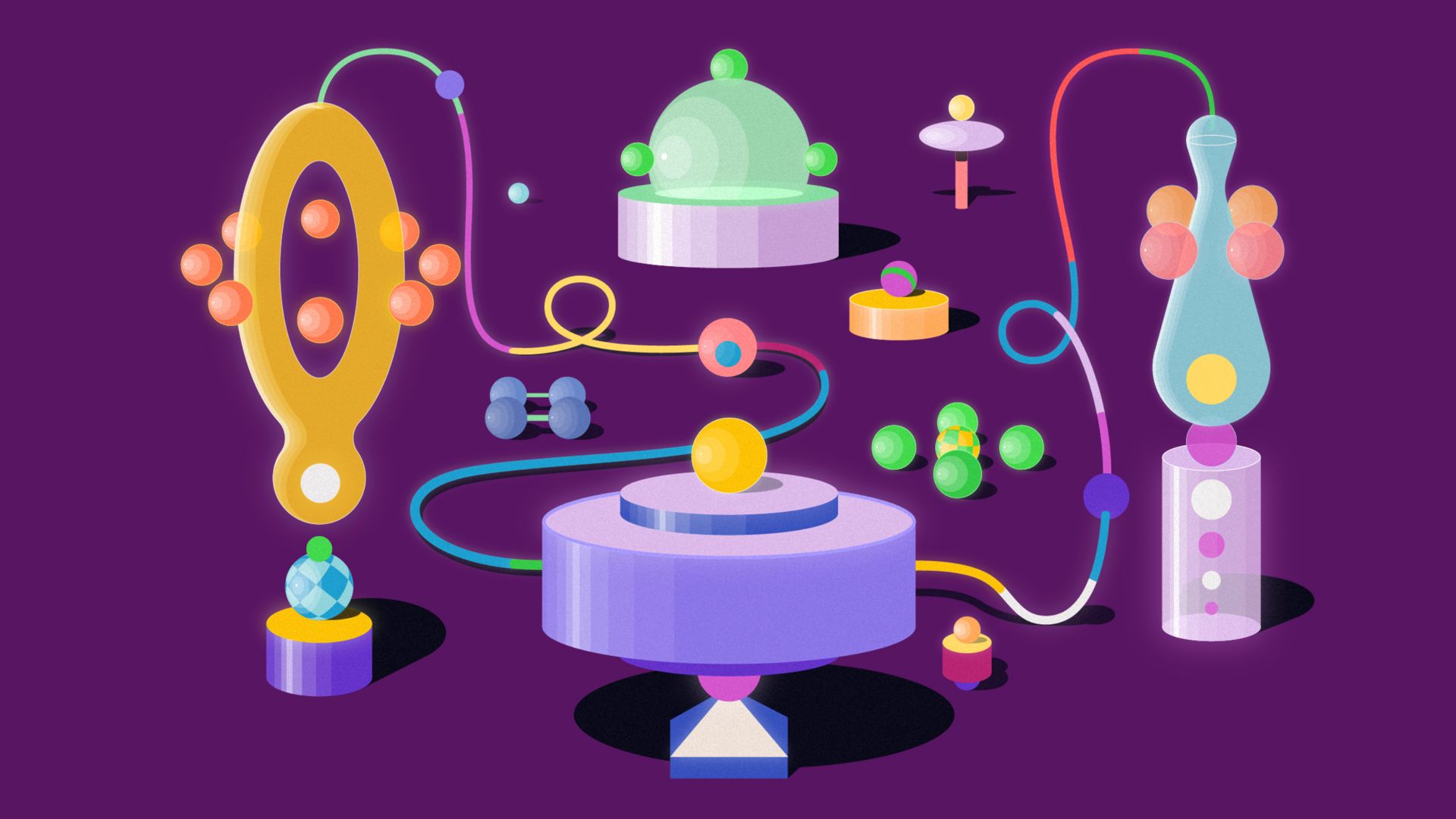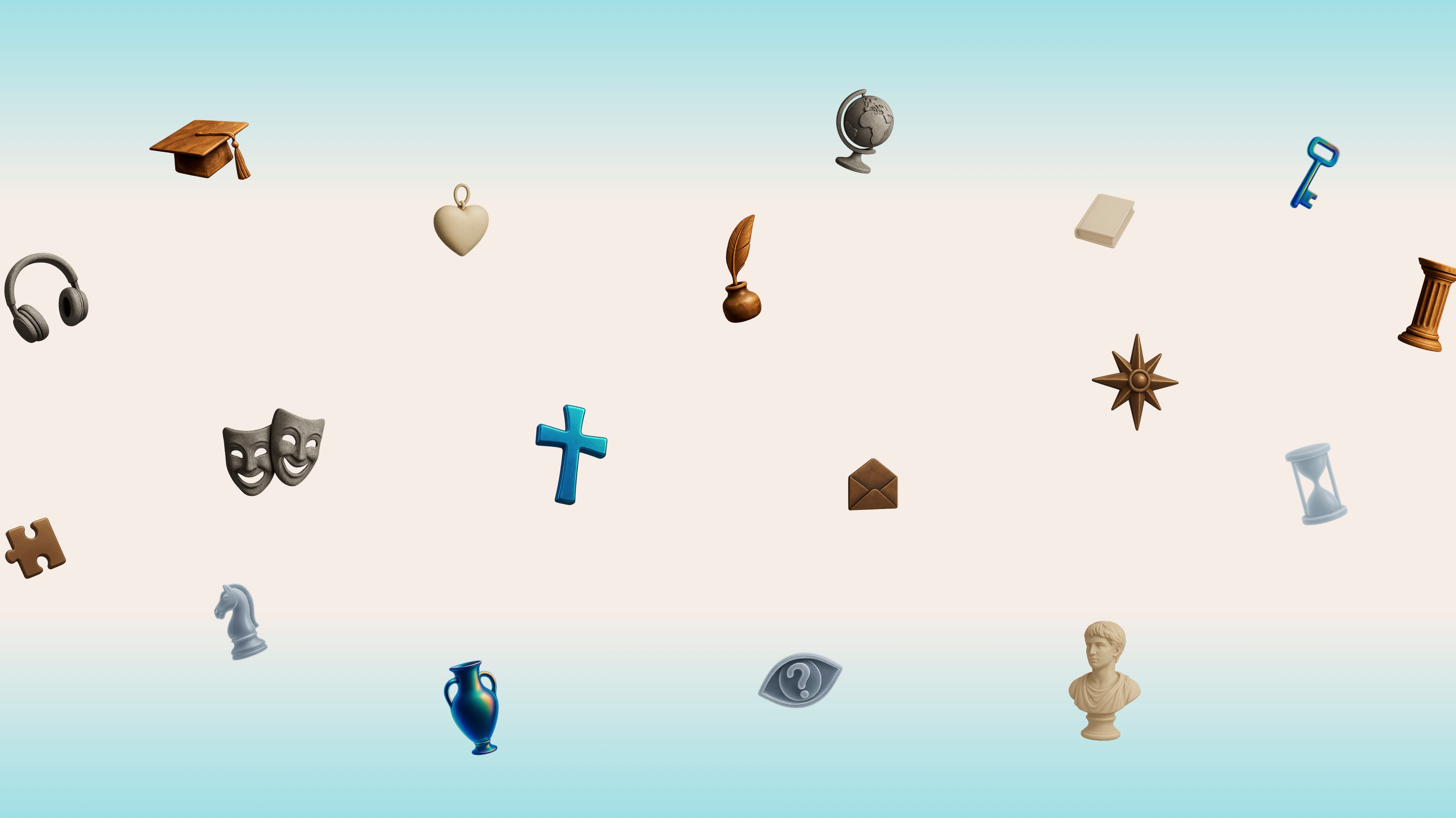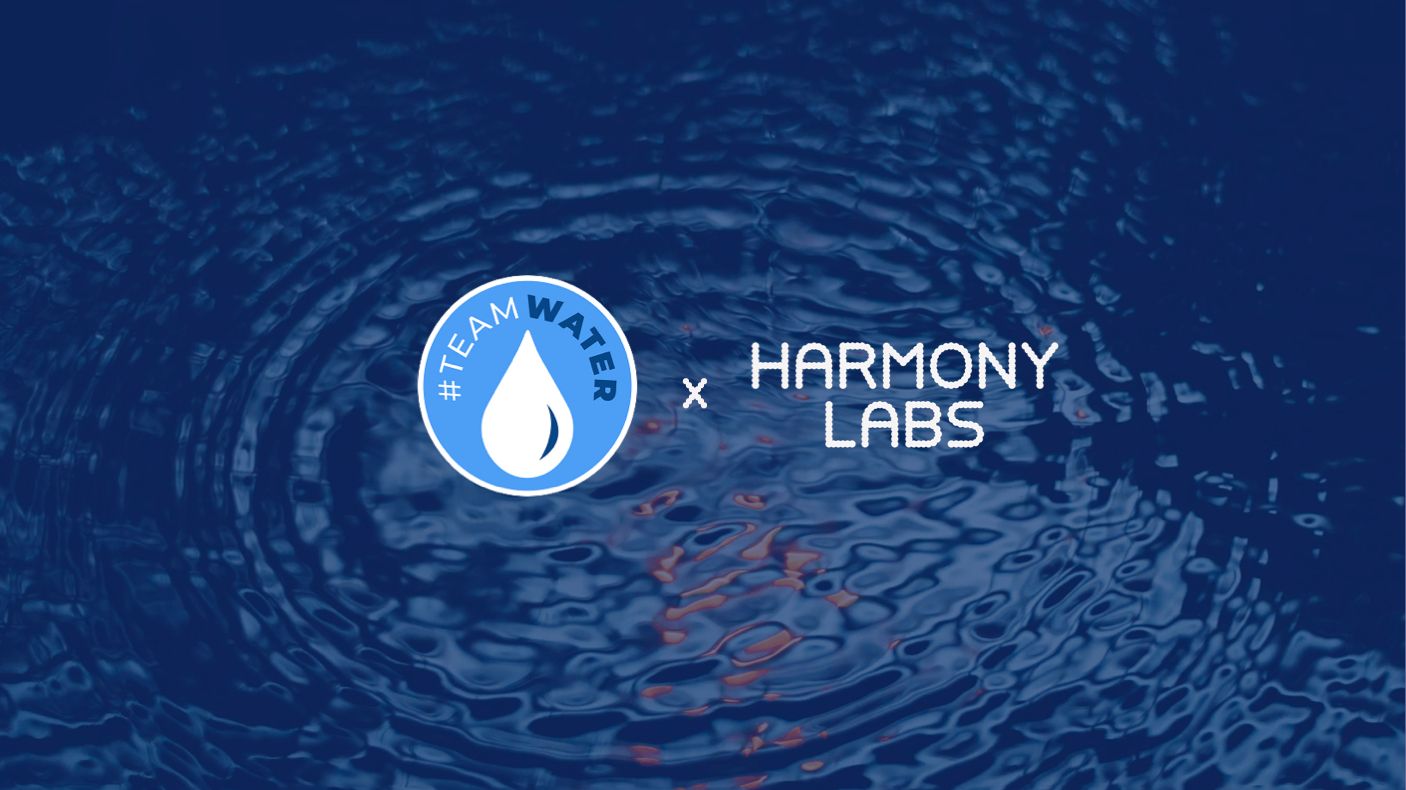Four Principles For Building Power in Media


2025-07-10
Recent news has depicted higher education in general, and the humanities specifically, in crisis. Once considered an uncontested social good, the humanities have seen a decline in enrollment and become contested in value—a perception shift that calls for renewed understanding of their role in society. Humanities field advocates are working to address this perception shift by engaging the public on the relevance of humanistic skills for understanding complex, real-world issues, from societal equality to changes spurred by new technology.
At their core, the humanities are about sense-making and meaning. They illuminate art, technology, history, and culture through language and interpretation—not merely recording reality, but engaging with and challenging it.
We’re also approaching a new crossroads with artificial intelligence, a significant opportunity for the humanities to reexamine what it means to be human and redefine their role in society. For decades, we trained ourselves to speak the language of machines—learning to code, translate, and adapt our thinking into computational frameworks. Now AI has reversed this dynamic, effortlessly translating human speech and text into code. The convenience brought forth by AI means that we are no longer constrained by limited access to vast amounts of scholarly knowledge and qualitative data. While AI excels at summarizing and sorting information, the ability to analyze, question, and make meaning from that information, rooted in lived experience, still remains the domain of humans, and the humanities—whether inside or outside the classroom. Rather than diminishing the humanities, these tools can enhance our capacity for sustained inquiry, potentially returning the humanities to their original function as a centering, imaginative force, and fostering a more engaged and thoughtful citizenry.
Rather than diminishing the humanities, these tools can enhance our capacity for sustained inquiry, potentially returning the humanities to their original function as a centering, imaginative force, and fostering a more engaged and thoughtful citizenry.
With these questions in mind, Harmony Labs conducted research to understand how people really experience the humanities in daily life. By mapping public attitudes about the humanities in media culture, we aimed to help the wider field of advocates and practitioners working to support the humanities develop strategies to increase humanistic practice among all people, while also focusing its efforts on key audiences. We found that while the value of the humanities may be contested, humanistic practices show up everywhere, including in popular media.
According to a 2020 Humanities Indicators Project survey, 95% of people occasionally engage in humanistic practices, whether through attending book clubs, posting media reviews online, or watching shows about history. And this is reflected in media culture as well. In the news and on YouTube, cultural analysis is thriving in non-academic contexts—from political critiques and stories about artistic intent to deep-dives on pivotal historical moments shaping the modern world. For example, a video essay by creator StoryDive, which explains the relationship between filmmaking and folklore in Studio Ghibli’s Princess Mononoke by identifying and analyzing potential historical references in detail, was especially resonant with different audiences.
Our research surfaced six audiences who experience the humanities in different ways, all dependent on their core values, their perception of the humanities, and how they practice them—even if they don’t overtly seek them out. They vary widely in their affinity toward and “way into” the humanities, from those who practice the humanities indiscriminately, to those who predominantly listen to podcasts, read voraciously, or study the Bible, all the way to those who are skeptical of traditional academic approaches.

While the research surfaced key findings for each audience, in particular, the Avid Analysts, Culture Enthusiasts, and Autonomous Achievers are each uniquely positioned to impact public perception of the humanities—and may be strategically important to practitioners and advocates seeking successful narrative intervention strategies.
Our biggest learning from this research is that as contested as their value may be, the humanities not only enrich personal lives, but foster increasingly valuable skills in the evolving workforce: innovative problem-solving, creativity, asking “why not?” and “what if?”, and an ingenuity that requires thinking beyond the known and expected.
In this moment of intense technological change and political division, the humanities reinforce the need for complex critical thinking, whether in addressing ethical design challenges or making policy decisions that impact entire communities. Rather than becoming obsolete, they are essential for guiding us to ask meaningful questions, interpret the unending deluge of data, and imagine futures worth striving for.
You can read more about the insights we uncovered in the full report, Humanities Unbound, here.



